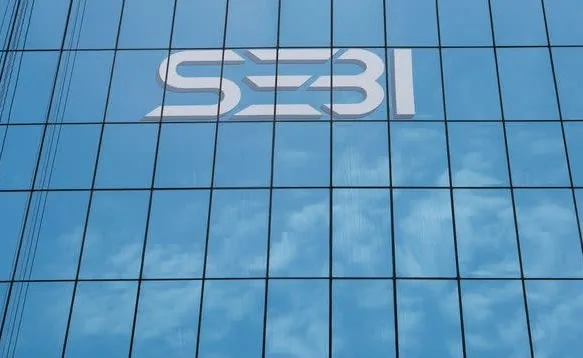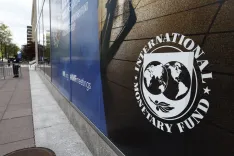What Are the New SEBI Rules for REITs and InvITs?

Synopsis
Key Takeaways
- SEBI classifies REITs as equity-related instruments from January 1, 2026.
- Existing REIT holdings will be grandfathered.
- InvITs remain classified as hybrid instruments.
- AMCs must adjust their portfolios based on liquidity and market conditions.
- Transition period for inclusion in equity indices is six months.
New Delhi, Nov 28 (NationPress) The Securities and Exchange Board of India (SEBI) announced on Friday that starting January 1, 2026, Real Estate Investment Trusts (REITs) will be classified as equity-related instruments, thereby inviting increased participation from mutual funds and Specialised Investment Funds (SIFs).
Friday marks the deadline for the implementation of this updated framework.
In an official circular, the market regulator specified that Infrastructure Investment Trusts (InvITs) will continue to be categorized as hybrid instruments.
According to the new classification, any investment made by mutual funds and SIFs in REITs will be recognized as an investment in equity-related instruments effective from January 1, 2026.
Moreover, REIT units currently held by debt schemes of mutual funds and SIFs as of December 31, 2025, will be granted grandfathering status by SEBI.
These holdings will not necessitate immediate restructuring; however, fund houses are encouraged to gradually divest based on liquidity, market conditions, and investor interest.
The circular directs Asset Management Companies (AMCs) to make efforts to divest REITs from their debt scheme portfolios, taking into account market conditions, liquidity, and investor preferences.
To align with the Mutual Fund Master Circular, SEBI has instructed the Association of Mutual Funds in India (AMFI) to incorporate REITs into its market-cap-based scrip classification system.
AMCs are also required to issue addenda to update scheme documents, changes which SEBI clarified will not be considered modifications to fundamental attributes.
Furthermore, SEBI stated that REITs will only be eligible for inclusion in equity indices after July 1, 2026, allowing a transition period of six months for the entire ecosystem to adapt.
This decision follows a meeting of the SEBI board in September, which approved amendments to the SEBI (Mutual Funds) Regulations, 1996, reclassifying REITs as "equity" for investment purposes while keeping InvITs categorized as "hybrid".










